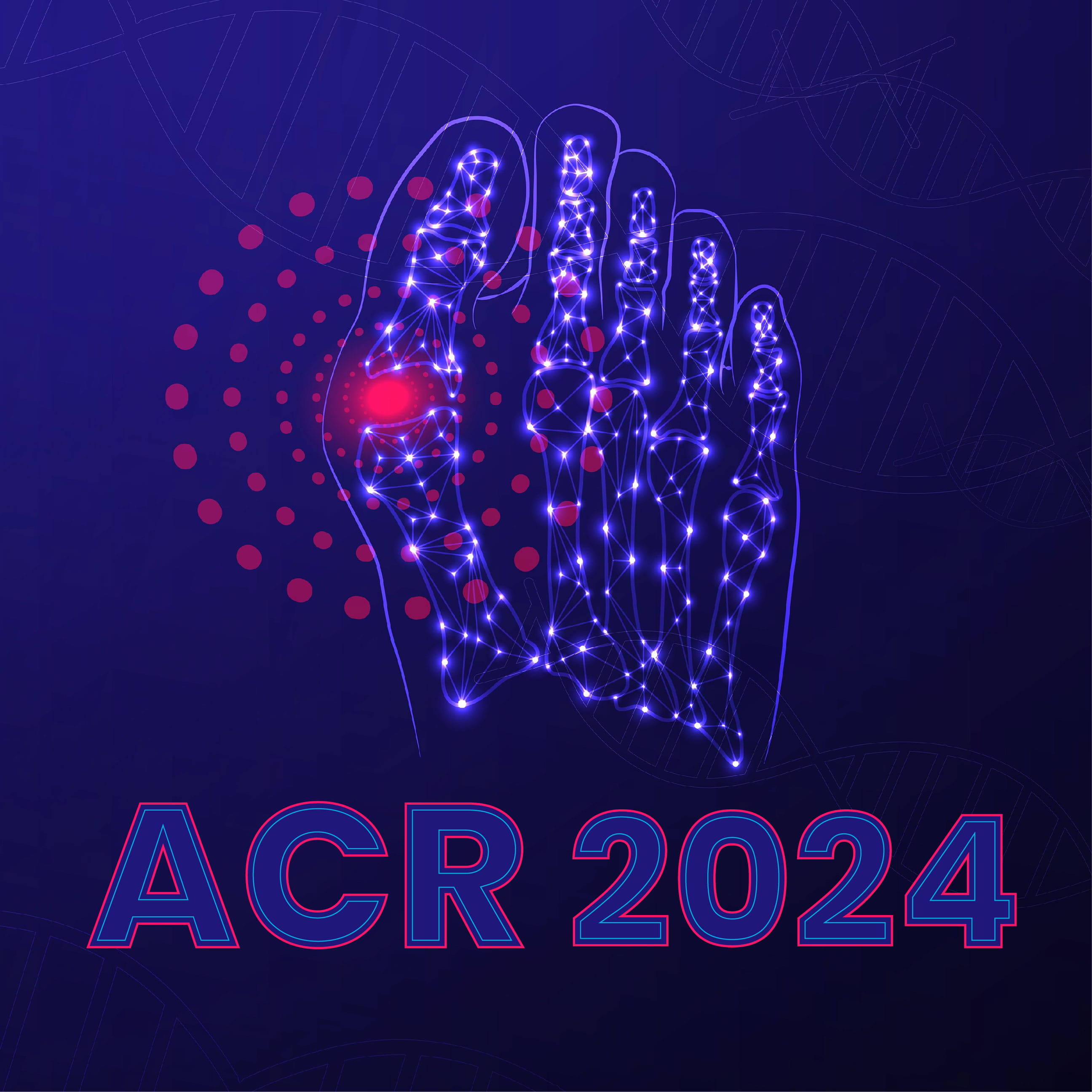Speaker: Dr. Ronald Van Vollenhoven – Amsterdam UMC
Key Highlights:
Dr. Vollenhoven initiated his presentation by talking about the SELECT-EARLY trial which showed upadacitinib, a JAK inhibitor, was nearly twice as effective as methotrexate in achieving remission at 12 and 24 weeks in RA patients. Despite this, methotrexate remains the recommended first-line therapy due to cost, safety, and its anchor role in combination treatments. Combining methotrexate with glucocorticoids is often necessary to bridge its delayed onset.
Dr. Vollenhoven then explained the NORD-STAR trial in detail.
The NORD-STAR trial is a large, multicenter, randomized controlled trial conducted across multiple countries including Sweden, Denmark, Norway, Finland, the Netherlands, and Iceland. It included a total of 812 patients who were newly diagnosed with rheumatoid arthritis (RA). The patients were randomized into four arms:
The study aimed to provide insights into the long-term management strategies for early RA and is the largest trial initiated for newly diagnosed arthritis.
-
Arm 1 (ACT): Conventional therapy including methotrexate combined with oral prednisolone, with a tapering strategy, or alternative agents like sulphasalazine, hydroxychloroquine, and intra-articular corticosteroid injections.
-
Arm 2 (CZP): Certolizumab (200 mg every other week).
-
Arm 3 (ABA): Abatacept (125 mg weekly).
-
Arm 4 (TCZ): Tocilizumab (either 8 mg/kg IV every 4 weeks or 162 mg weekly subcutaneously).
Patients were followed up for 24 weeks, with the primary outcome being the Clinical Disease Activity Index (CDAI) remission. The trial also compared the efficacy of these treatments in achieving remission, with the primary analysis showing higher remission rates with abatacept and certolizumab compared to conventional therapy.
Superior Remission Rates with Abatacept:
-
The NORD-STAR trial demonstrated that abatacept, a biologic, led to a 60% remission rate in rheumatoid arthritis (RA) patients compared to 40% with methotrexate-based active conventional therapy (ACT). This represents a statistically significant improvement with an odds ratio of 1.5.
-
Clinical Significance: Abatacept's higher remission rate underscores its effectiveness, particularly in patients who may not achieve sufficient disease control with conventional therapies.
Methotrexate Maintains First-Line Status:
Despite the superior efficacy of biologics like abatacept, methotrexate remains the first-line treatment for RA. This is primarily due to concerns around:
-
Overtreatment: Introducing biologics early without predictive biomarkers might expose patients unnecessarily to higher costs and risks.
-
Safety: Biologics, especially JAK inhibitors, carry cardiovascular risks, particularly for high-risk populations.
-
Economic and Practical Considerations: Methotrexate is cost-effective and widely accessible, making it a practical choice for initial therapy.
Biomarker Limitations:
The study investigated whether biomarkers, such as rheumatoid factor (RF), anti-CCP antibodies, and shared epitope status, could predict treatment response to abatacept:
-
Results: No strong correlation was found. Triple biomarker positivity failed to enhance response prediction.
-
Implication: Current biomarkers are insufficient for guiding the selection of biologic therapies in RA, highlighting a gap in personalised treatment strategies.
Minimal Radiological Progression:
-
Across all treatment arms, including methotrexate and biologics, radiological disease progression was negligible.
-
Clinical Implication: Advances in RA management have significantly reduced joint damage, a major concern in long-term disease progression, across all therapeutic options.
Study Limitations and Future Directions:
While abatacept and other biologics showed efficacy, the lack of predictive utility from biomarkers underscores a need for further research into:
-
Novel Predictors: Identifying genetic or molecular markers to better personalise RA treatment.
-
Combination Strategies: Methotrexate’s delayed onset suggests potential benefits from early combinations of conventional and biologic therapies to bridge efficacy gaps.
Conclusion:
The NORD-STAR trial highlights abatacept’s efficacy in achieving higher remission rates in RA but reinforces methotrexate’s central role as first-line therapy. The findings also spotlight the urgent need for reliable biomarkers to optimise patient outcomes and tailor treatment approaches.
American College of Rheumatology Convergence 2024, November 14–19, Washington, D.C.




.webp?updated=20241028052153)